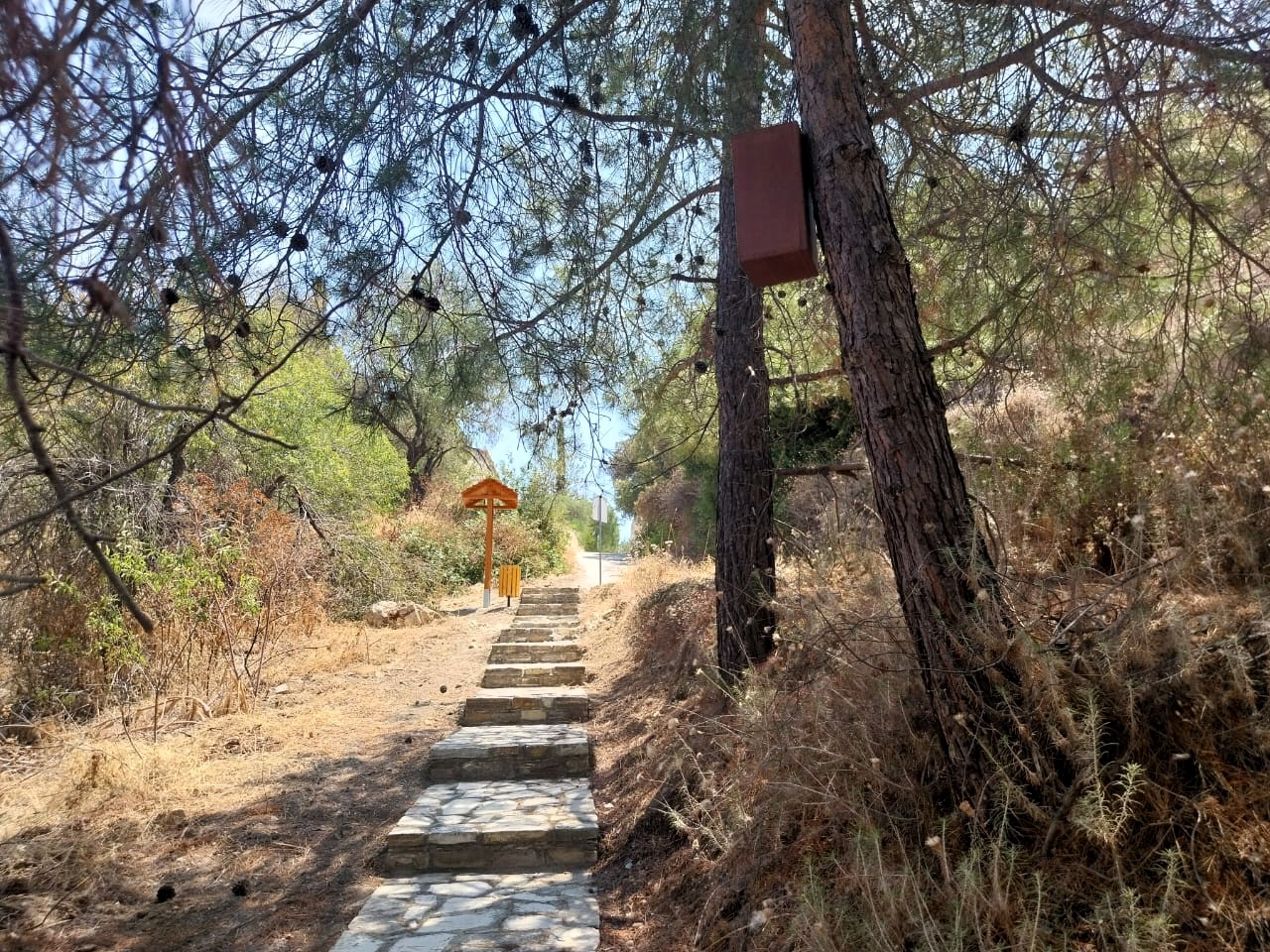Mountain areas are being threatened by climate change, overexploitation and pollution, increasing the risks to people and the planet, the Larnaca Tourism Board said on Monday.
In an announcement ahead of International Mountain Day on Wednesday, the board said the theme this year was ‘Mountain solutions for a sustainable future – innovation, adaptation and youth’.
“Over the centuries, mountain communities have developed solutions to adapt to their harsh environment, tackle climate change, reduce poverty and protect or restore biodiversity,” the tourism board said.
“Mountains are natural treasures that should be valued and protected,” it added.
The board said that this year, the Troodos Network was celebrating ten years of service for the development of mountain areas, cooperating with the European Platform for Cooperation for Rural Development ‘Prepare’ – Partnerships for Rural Europe, with a programme based on the “golden treasures” of Cyprus.
These include the Honey Routes of Rural Larnaca, with the support of the deputy ministry of tourism, the Larnaca Tourism Board and local communities.
International Mountain Day will be marked in Larnaca with a tour of the Honey Villages and visits to the Melini Bee Park and the apiary and apitherapy centre at Oros Machaira, a successful family beekeeping business.
The tour also takes in the Ecophysis Bee & Nature Centre, which provides educational packages and workshops and trades in honey and cosmetics.
There is also a new addition to the tour – the family Bee Trail in Vavla, created by the board in collaboration with the Troodos Network this year.
The members of ‘Prepare’ will also take part in the tour along with local government officials and partners to get to know the area better, experience the industry first-hand, meet stakeholders and discuss promoting further collaboration through EU-funded projects.
They are home to 15 per cent of the world’s population and about half of the world’s most important biodiversity hotspots.
Mountains also provide fresh water for daily life to half of humanity, helping to sustain agriculture and provide clean energy and medicines.






Click here to change your cookie preferences